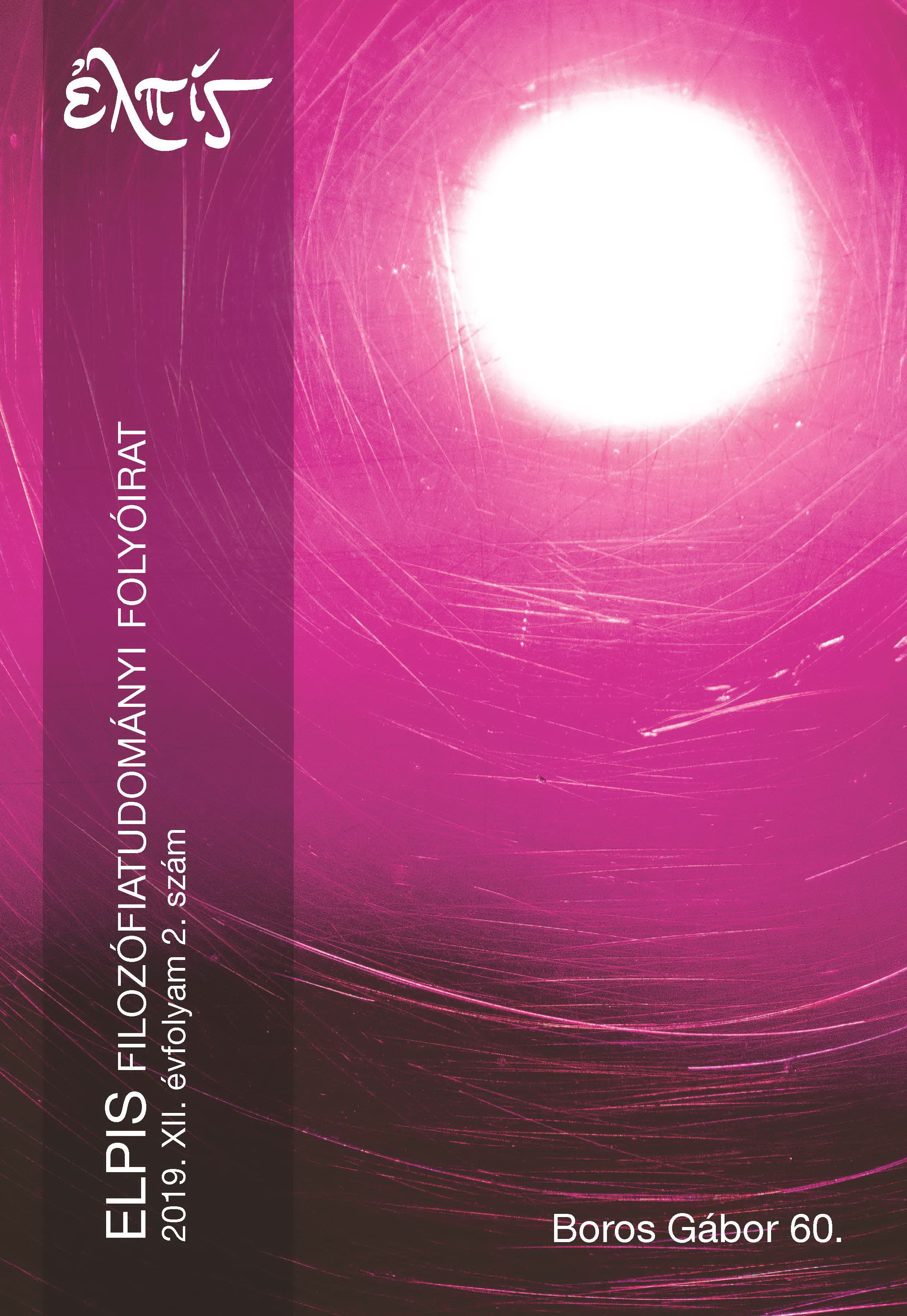The Problem of Historical Progress in the Ancient Greek Context
DOI:
https://doi.org/10.54310/Elpis.2019.2.9Keywords:
Löwith, Philosophy of History, Historical Progress, CyclicalityAbstract
In his book, Meaning in History: The Theological Implications of the Philosophy of History, Karl Löwith explores the biblical roots of modern philosophy of history. One of the essential elements of this so-called secularization theory is that it makes a sharp distinction between the Old and the New Testament and “antique” conceptions of history. In his analysis of the “antique” view of history, Löwith goes on to list Greek examples. In particular, Herodotus, Thucydides, and Polybius, and with their texts, attempts to illustrate what is meant by “cyclical” antique history. However, in the context of this rather succinct judgment by Löwith, it is worth examining how the relationship between progress and cyclicality appears in the ancient Greek concept of history in more detail. The problem, of course, is not limited to the work of historians. In the texts of Hesiod, Xenophanes, Empedocles, Anaxagoras, Plato, and Aristotle one can also identify passages that directly or less directly refer to what these authors thought of historical development.




